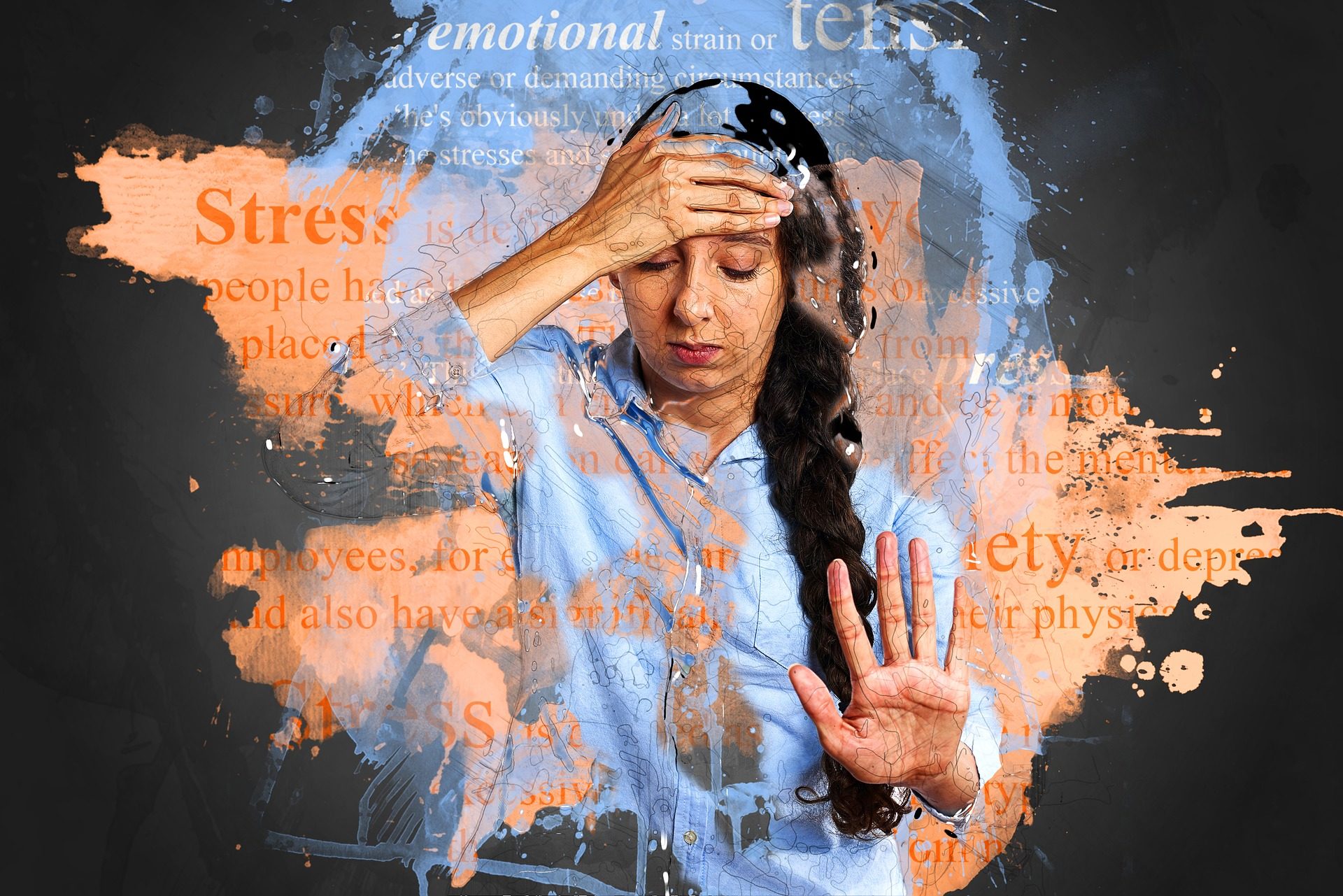
The future can be unpredictable, so it’s normal to worry about wellbeing, work, money, family life, health or other crucial issues. But when worrying escalates, anxiety can develop. Anxiety is a general term for several disorders that cause nervousness, fear, and worrying. These disorders affect how people feel and behave and can cause physical symptoms. Telling whether anxiety has turned into a disorder is not so easy. These are some of the symptoms of anxiety disorder.
Excessive worry. Worrying too much about everyday things, big and small, having persistent anxious thoughts throughout the day during months.
Sleep problems. Frequently finding yourself having troubles with falling asleep and staying asleep, lying awake, worried or agitated about specific issues.
Fearful beliefs. Thinking a situation is more challenging than it is. Imagining the future is unpredictable and uncontrollable and believing you can’t cope with anything anymore.
Muscle tension. People with anxiety are prone to tensing their muscles which can lead to achy muscles. This symptom may last for a long time. Regular exercise can help keep muscle tension under control.
Digestion problems. Strangely enough, digestive system issues like stomach aches, burping, nausea, can be side effects of anxiety.
Stage fright. Worrying for days or weeks before an event or situation may be indicators of social anxiety. People with this anxiety often experience blushing, trembling, sweating or difficulty talking not only in public but also in everyday face-to-face situations.
Panic. A Sudden gripping feeling of fear and helplessness, lasting several minutes, accompanied by physical symptoms such as breathing problems, a racing heart, numb hands, sweating, weakness or dizziness, chest pain, stomach pain, and feeling hot or cold.
Anger or rage. Losing control and expressing excessive anger or rage over insignificant situations.
Weak immune system. Unfortunately, anxious people tend to get sick more frequently. People who are anxious are more prone to colds and minor illnesses because they have a weakened immune system.
Excessive sweating. Excessive sweating and shaking in public.
Cold hands and feet. When you’re anxious, the “fight-or-flight” response is triggered in your body which results in your blood flow being redirected away from your extremities and towards your torso and vital organs. That, in turn, causes icy hands and feet.
Rashes. Stress and anxiety may manifest themselves on your skin in forms of rashes. It can also make your skin more sensitive.
For more information read: http://www.anxietycentre.com/anxiety-symptoms.shtml
Subscribe to plan to start chatting
Subscribe Now